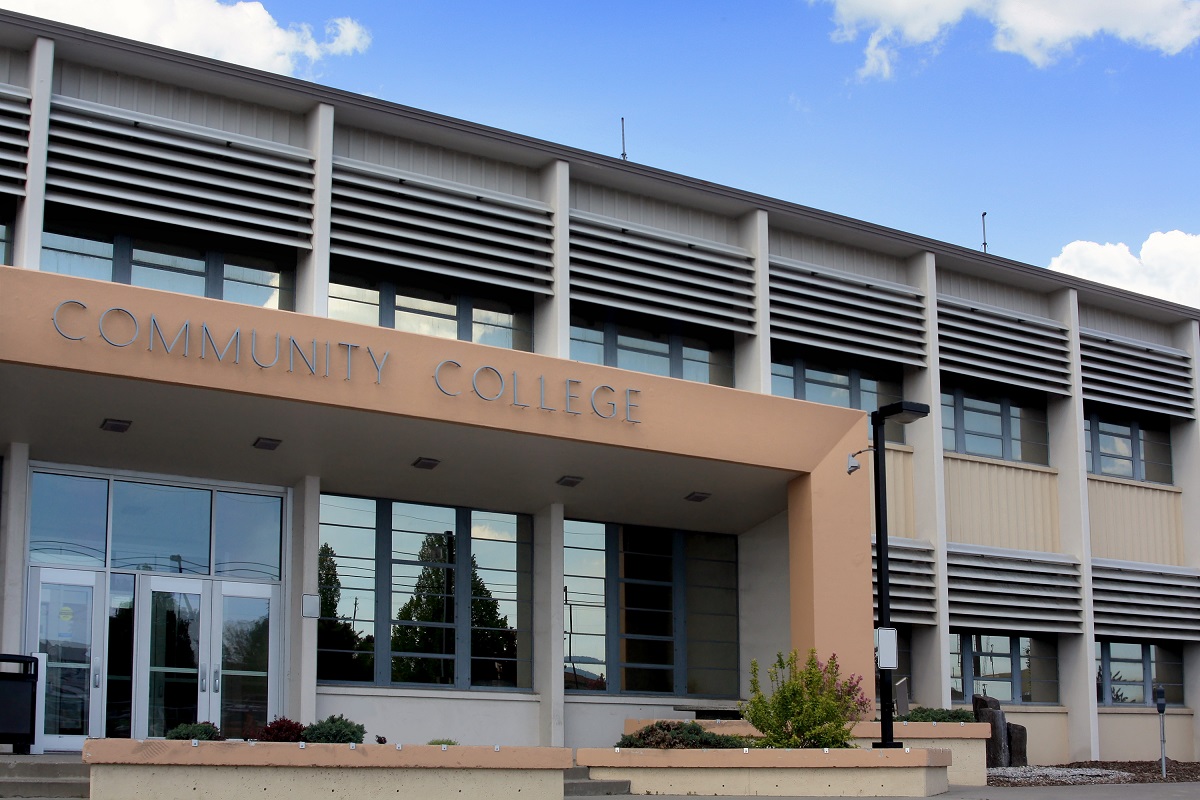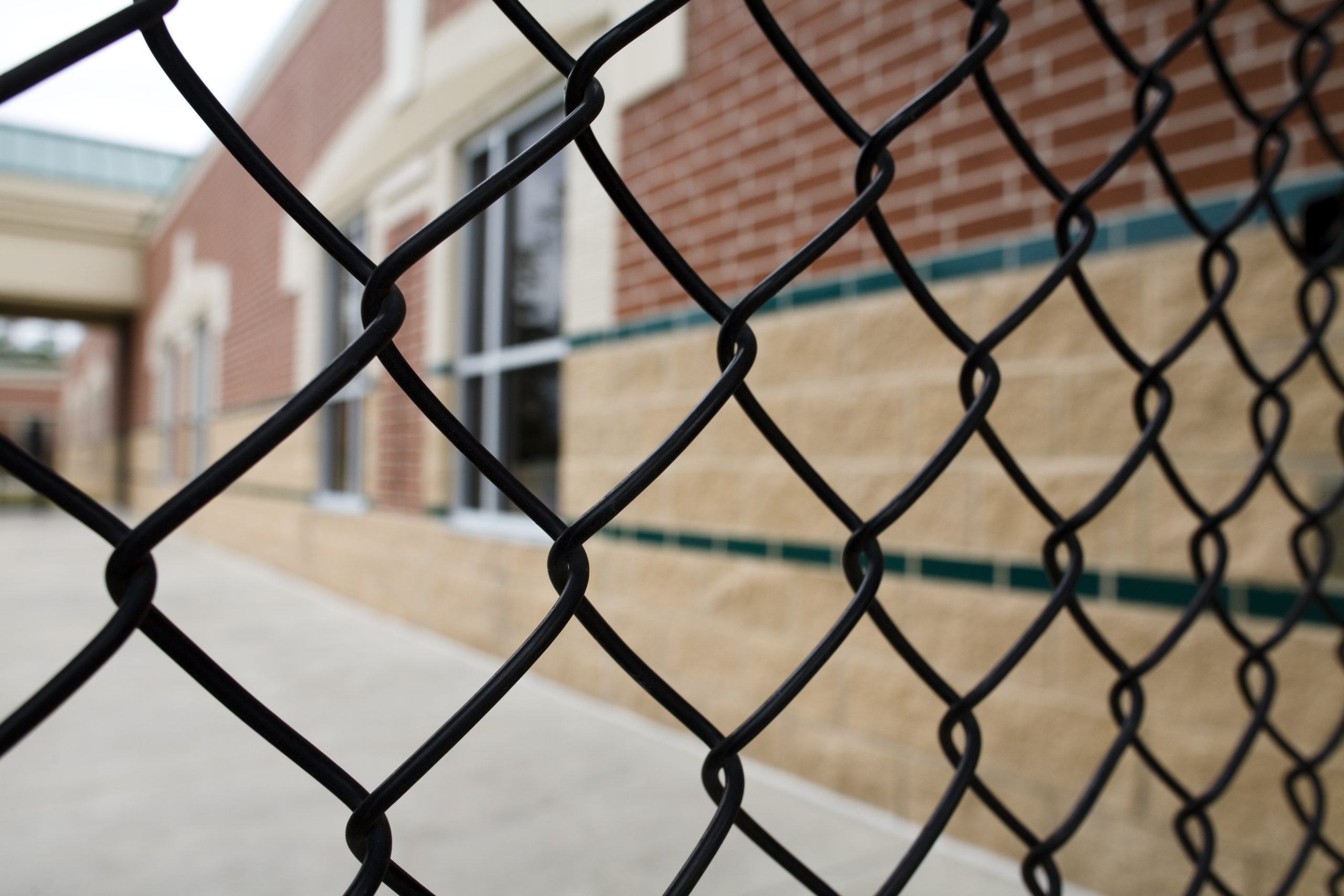WestEd’s new report, Native Students and High School Success: Lessons on Achieving Graduation From Five Bureau of Indian Education Schools, outlines eight promising practices that have emerged from BIE schools in Washington, Iowa, New Mexico, Oklahoma and North Dakota.
Author: Heather Kemp
New report tallies the costs of conflict for public schools
A national survey of 467 superintendents conducted over summer 2024 considered the societal and fiscal costs of recent conflicts happening in schools and found that two-thirds of respondents, who represent 46 states, have experienced moderate to high rates of culturally divisive clashes in their local educational agencies since the pandemic.
How developmental education reform has impacted Black and Latino men
A recent report and corresponding policy brief from the Public Policy Institute of California (PPIC) examines how Black and Latino men are faring following developmental education reform brought on by 2017’s Assembly Bill 705.
California high schools lack foundational computer science coursework
Just 60 percent of public schools in the U.S. have foundational computer science coursework available to students, according to the 2024 State of Computer Science Education report by the Code.org Advocacy Coalition, Computer Science Teachers Association and Expanding Computer Education Pathways.
Financial aid application resources for California high schools
On Nov. 21, the U.S. Department of Education published the 2025–26 FAFSA form for those seeking financial aid for college or career school.
Strategies to improve attendance among American Indian/Native Alaskan students
An increasing number of American Indian/Native Alaskan (AI/NA) students were considered chronically absent since the pandemic, 47 percent in the 2021–22 academic year compared to 30 percent in 2017–18. WestEd’s recent brief, “Missing More Than School: Reducing Chronic Absence for American Indian and Alaska Native Students,” explores the issue and offer strategies for improvement.
CSBA webinar breaks down the basics of behavioral threat assessment
Creating a sense of trust within an education setting so community members feel comfortable reporting concerning behaviors is a key component to stopping potential incidents and keeping campuses safe, according to panelists at CSBA’s Nov. 21 webinar, “Spotting the Signals: Understanding behavioral threat assessment.”
Commission makes selections for new math instructional materials reviewers
At its last meeting of 2024, the Instructional Quality Commission (IQC) on Nov. 20 considered applications for instructional materials reviewers (IMRs) and content review experts (CREs) for the 2025 Mathematics Instructional Materials Adoption and voted on the list of individuals it is recommending to the State Board of Education (SBE).
Prioritizing outdoor learning in state-funded preschool programs
The National Institute for Early Education Research’s (NIEER) policy brief “State Policies and Guidance Relating to Outdoor and Nature-Based Experiences in Preschool” explores the potential academic, developmental and health benefits that outdoor and nature-based experiences can have for preschoolers.
Pediatricians recommend a trauma-informed approach to reduce suspensions, expulsions
To avoid the potential long-term negative impacts suspensions and expulsions can have on youth, the American Academy of Pediatrics (AAP) is advocating that schools implement a multidisciplinary, trauma-informed approach to support students and reduce the use of exclusionary discipline.











